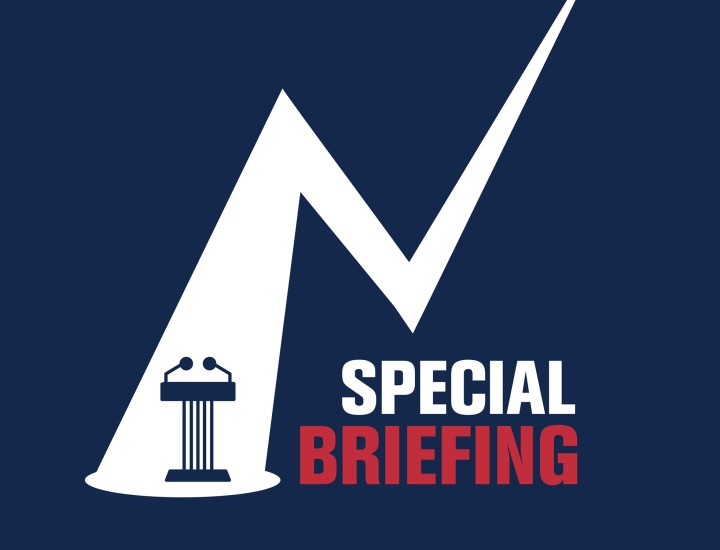Truth and Integrity in State Budgeting: Preventing the Next Fiscal Crisis

More than nine years after the Great Recession, the nation’s states are finally reaping the fruits of the recovery. Thirty-four states report that revenues have rebounded to pre-recession levels, after adjusting for inflation. Yet despite recent economic growth, states still struggle to achieve a balanced budget. Meeting obligations for health care, infrastructure, education, and public employee retirement costs continues to be a challenge.
Concerns with state fiscal sustainability are of strong importance to the federal government and the nation’s economy. Stated by Volcker Alliance Chairman Paul A. Volcker, “The purposes and manner in which public funds are spent are matters basic to our well-being as a nation.” A close analysis of state budgeting practices is necessary; states use various ways to achieve balance, and some of these methods are better than others.
The 2018 edition of the Volcker Alliance’s report, Truth and Integrity in State Budgeting: Preventing the Next Fiscal Crisis, is the nonprofit’s second annual study of US state budgeting practices. Covering fiscal 2016 through 2018, the study assesses and grades all fifty states in five critical budgeting areas: budget forecasting, budget maneuvers, legacy costs, reserve funds, and budget transparency. States received grades of A to D-minus, the lowest possible mark, for each category. Each grade reflects the state’s three-year average for each critical budgeting area. The report also provides insights into the best practices for state budgeting.
- Budget forecasting – how and whether states estimate revenues and expenditures for the coming fiscal year and the long term;
- Budget maneuvers – primarily how much states depend on one-time actions to offset recurring expenditures;
- Legacy costs – how well states are funding promises made to public employees to cover retirement costs, including pensions and retiree health care;
- Reserve funds – both the health of general fund reserves and rainy-day funds and whether governments have clear rules governing their use, replenishment, and relationship to historic revenue volatility; and,
- Budget transparency – how completely states are disclosing budget information, including debts, tax expenditures, and the estimated cost of deferred infrastructure maintenance.
To conduct the research for this study, the Volcker Alliance partnered with the public finance and budgeting programs at eight universities as well as public finance consultants. Research was conducted by professors and graduate students at City University of New York; Florida International University; Georgia State University; University of California, Berkeley; University of Kentucky; the Chicago and Springfield campuses of University of Illinois; and University of Utah. The schools’ efforts were augmented by Volcker Alliance staff, data consultants at the research firm Municipal Market Analytics, and special project consultants Katherine Barrett and Richard Greene.


